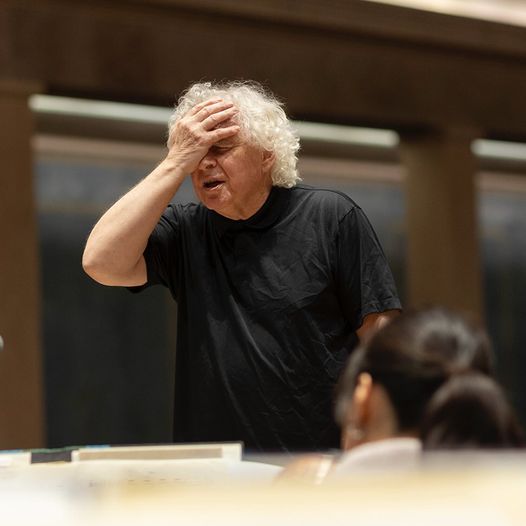The case for Alma Mahler
mainThe mezzo-soprano Sarah Connolly has opened a new line of defence for Alma Mahler in today’s Guardian newspaper.

Avoiding the feminist argument that Alma was the victim of male tyranny when she agreed to stop composing as a precondition for marrying Mahler, Connolly accepts that Alma was complicit in suppressing her creative urge. She could have refused the demand and sent Mahler packing. But so keen was her desire to be hitched to celebrity that she would have given up anything – almost – in order to become the first and only Mrs Mahler.
Connolly’s perception accords with the vivid truths to be found in Alma’s raw diaries, a far cry from the victim model that she presented in her Mahler memoirs, an image perpetuated by Ken Russell’s Mahler biodoc and many uncritical studies.
Alma’s urge to compose was not strong – she never wrote music again after Mahler died or when he, still alive, encouraged her to start again, as I describe in Why Mahler? She openly questions her need to compose in the diaries. Connolly takes the view that Alma’s cessation was unfortunate, not tragic. But she finds that the songs – which she will sing Sunday at the Barbican in orchestrations by Colin and David Matthews – possess ‘a rare gift of melody.’ The are, she writes, ‘voluptuous, coquettish, Wagnerian in intensity and harmony yet intimate, sensual, charming and surprising’.
That’s quite a heavy load for these simple numbers to bear. Many hands have worked on her material, starting with her teacher (and lover) Zemlinsky, followed by Mahler, Schoenberg and Berg (who did not, as Connolly suggests, join Alma’s list of sexual conquests) and finished off with great skill and polish by the Matthews brothers whose faith in Alma’s powers is, I suspect, as qualified as my own.
There is no genius at work here. Alma’s gift is small and imitative. I struggle to find a phrase of striking originality in any of the 14 extant songs. She owes much to the underrated Zemlinsky and more to the decadent Zeitgeist. Connolly makes a careful case for her work, hedged with ambivalence. And that takes us close to the heart of the Alma problem.
Alma took a bilateral position on everything she touched, whether it was love, life or death. Her diaries often yield contradictory responses, as if she were both inside and outside a situation, unable to resolve her feelings. It was the ambiguity of her emotions that first drew me into Mahler’s world, a counterpoint to his emotional pile-drivers.
I shall listen to Connolly’s latest exhumation of her musical relics with intense, albeit sceptical, interest.





Comments